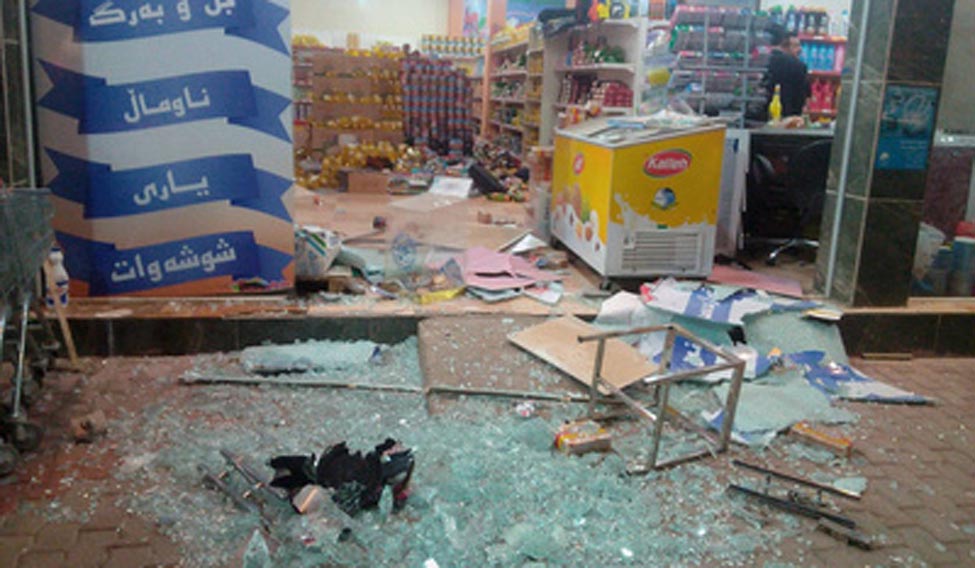At least 134 people were killed and over thousands others injured after a powerful earthquake measuring 7.3 on the Richter scale struck an area near the Iran-Iraq border, media reports said on Monday.
According to Iran's state-run Press TV, 130 victims were killed in Kermanshah province.
Four other people were killed in Iraq's Darbandikhan town, Sulaimaniya province, Governor Omar Ahmad told the media early on November 13.
The death toll has gone up to 145. The U.S. Geological Survey said the quake measured magnitude 7.3. An Iraqi meteorology official put its magnitude at 6.5 with the epicentre in Penjwin in Sulaimaniyah province in the Kurdistan region close to the main border crossing with Iran.
It occurred at a depth of 33.9km, and tremors were felt in Turkey, Israel, Kuwait, Lebanon and as far as Pakistan.
Iraq's Meteorological Organisation has issued a warning urging citizens to stay away from buildings and to refrain from using elevators.
Iraq's Prime Minister Haider al-Abadi was closely following the situation of the country's citizens, a statement from his office said.
Over 20 Iranian villages in the area have been damaged and power and water flow have been disrupted.
On the Iraqi side, the most extensive damage was in the town of Darbandikhan, 75 km (47 miles) east of the city of Sulaimaniyah in the semi-autonomous Kurdistan Region.
More than 30 people were injured in the town, according to Kurdish Health Minister Rekawt Hama Rasheed.
“The situation there is very critical,” Rasheed said.
The district’s main hospital was severely damaged and had no power, Rasheed said, so the injured were taken to Sulaimaniyah for treatment. Homes and buildings had extensive structural damage, he said.
In Halabja, local officials said a 12-year-old boy died of an electric shock from a falling electric cable.
Many residents in the Iraqi capital, Baghdad, rushed from their houses and tall buildings in panic.
“I was sitting with my kids having dinner and suddenly the building was just dancing in the air,” said Majida Ameer, who ran out of her building in the capital’s Salihiya district with her three children. “I thought at first that it was a huge bomb. But then I heard everyone around me screaming: ‘Earthquake!'”
Similar scenes unfolded in Erbil, the capital of the Kurdistan Region, and across other cities in northern Iraq, close to the quake’s epicentre.
Iraq’s meteorology centre advised people to stay away from buildings and not to use elevators, in case of aftershocks.
Turkey
Residents of Turkey’s southeastern city of Diyarbakir also reported feeling a strong tremor, but there were no immediate reports of damage or casualties in the city.
Turkish Red Crescent Chairman Kerem Kinik told broadcaster NTV that Red Crescent teams in Erbil were preparing to go to the site of the earthquake, and that Turkey’s national disaster management agency, AFAD, and National Medical Rescue Teams (UMKE) were also preparing to head into Iraq. AFAD’s chairman said the organisation was waiting for a reply to its offer for help.
In a tweet, Kinik said the Turkish Red Crescent was gathering 3,000 tents and heaters, 10,000 beds and blankets and moving them towards the Iraqi border.
“We are coordinating with Iranian and Iraqi Red Crescent groups. We are also getting prepared to make deliveries from our northern Iraq Erbil depot,” he said.
Israeli media said the quake was felt in many parts of Israel as well.
— IANS, Reuters





